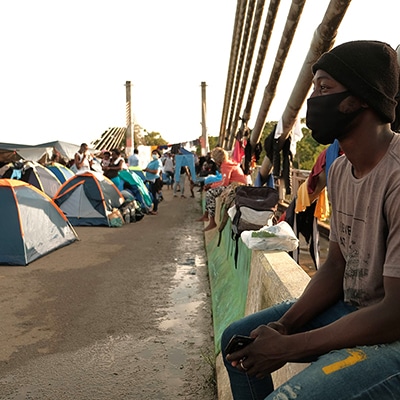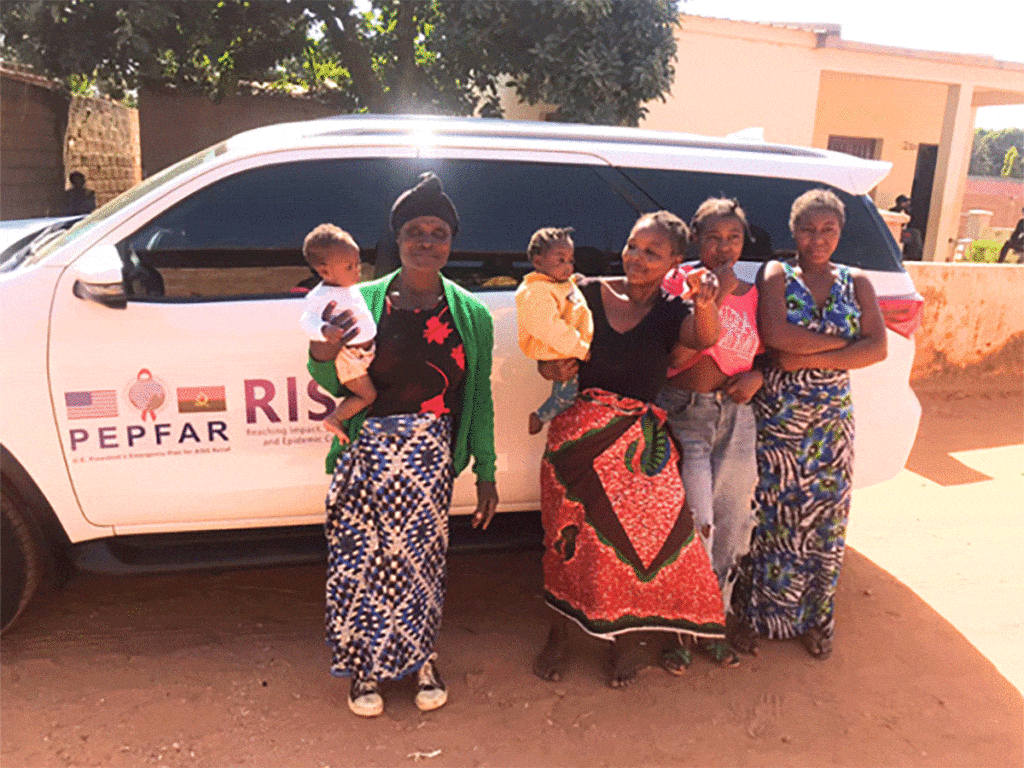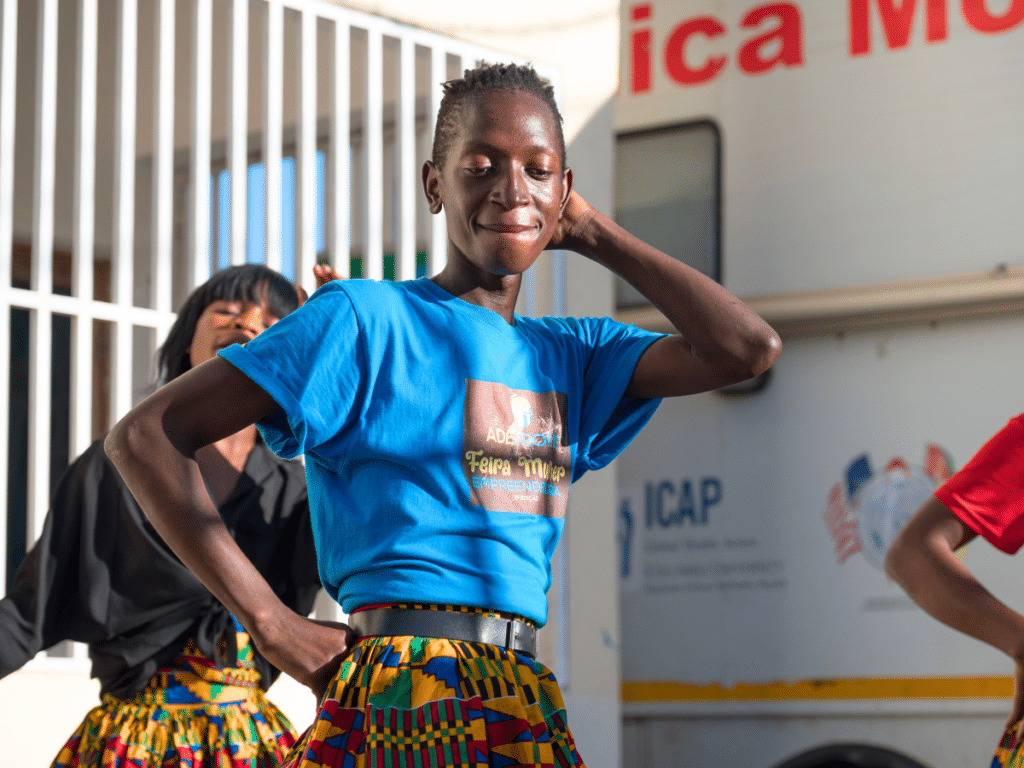Migrant Health
Migrant Health
At any given moment, an estimated one billion migrants globally are journeying across borders in search of opportunity, safety, or justice. Migration is a major social determinant of health – refugees and migrants are among the most vulnerable members of society, often facing discrimination, poor housing and working conditions, and limited access to health services. Mobility can also heighten vulnerability to HIV acquisition, tuberculosis (TB), and other potentially deadly diseases.
ICAP has been helping address these needs by working to increase access to basic health services, as well as HIV prevention, care, and treatment services, for migrant and mobile populations around the world.

In Lesotho, which has the second-highest incidence of TB in the world, ICAP has supported integrated HIV/TB services for miners who migrate to South Africa for work. In Perú and Colombia, which host millions of Venezuelan migrants, ICAP is helping develop innovative strategies to bring comprehensive HIV prevention, care, and treatment. In Central America, ICAP has been working in several countries to introduce Pre-Exposure Prophylaxis (PrEP) to sex workers and other vulnerable groups who tend to be comprised largely of migrants. In Uganda, ICAP and partners conducted RUPHIA, the first population-based HIV impact survey of refugee populations to gain a better understanding of the dynamics of the HIV epidemic among displaced people.
In Nampula, Mozambique where thousands of internally displaced people reside, ICAP has established mobile brigades that provide services including HIV testing, TB screening and treatment, COVID-19 testing, initiation and continuation of PrEP and antiretroviral treatment, and condom distribution, in addition to other services. Also in Mozambique, ICAP designed a study to identify strengths and gaps in the health system response to the 2019 cyclones, which resulted in forced displacement of countless communities.






